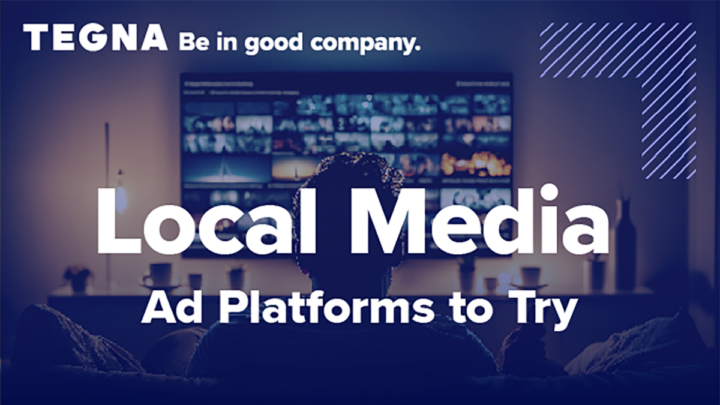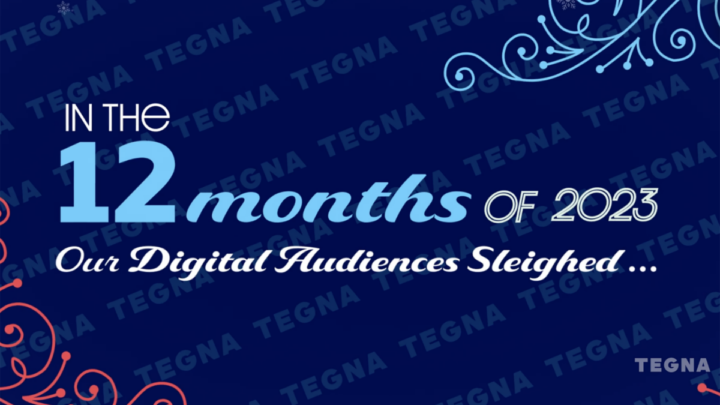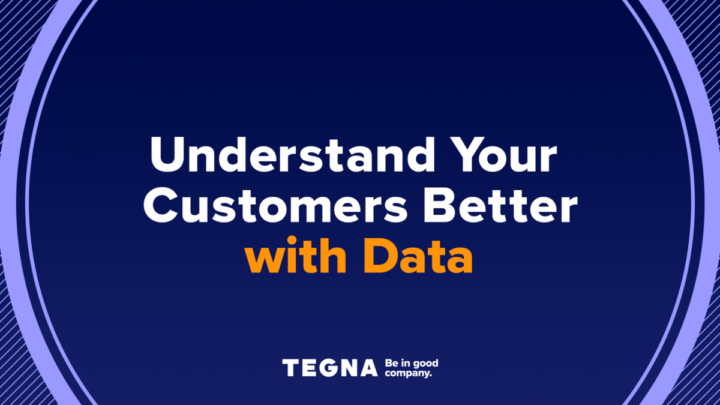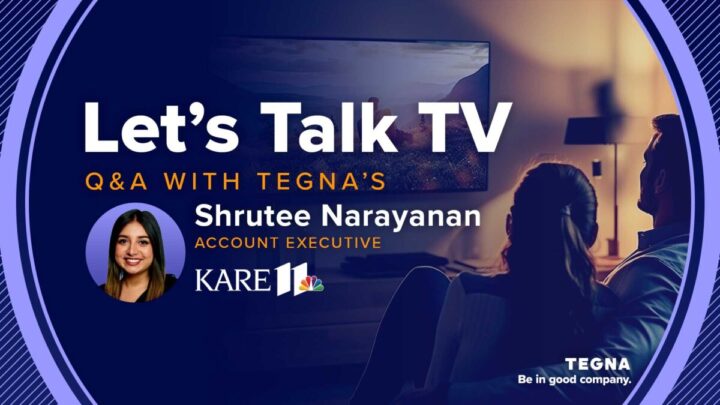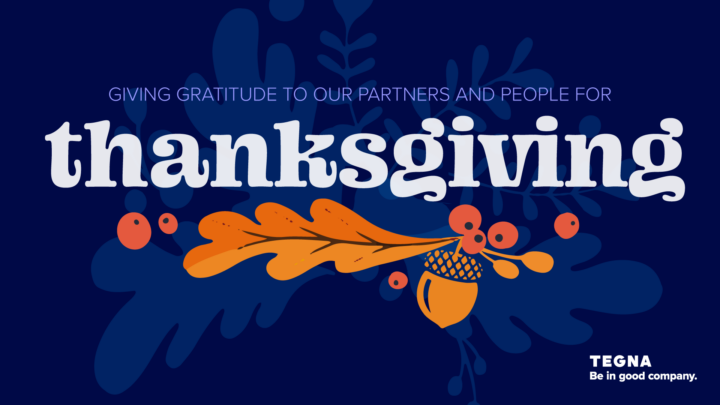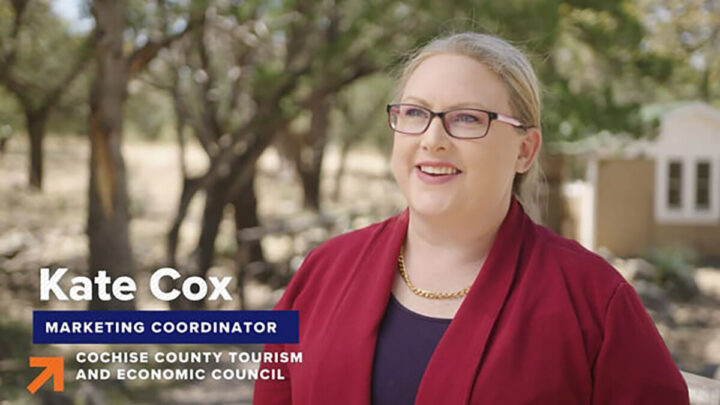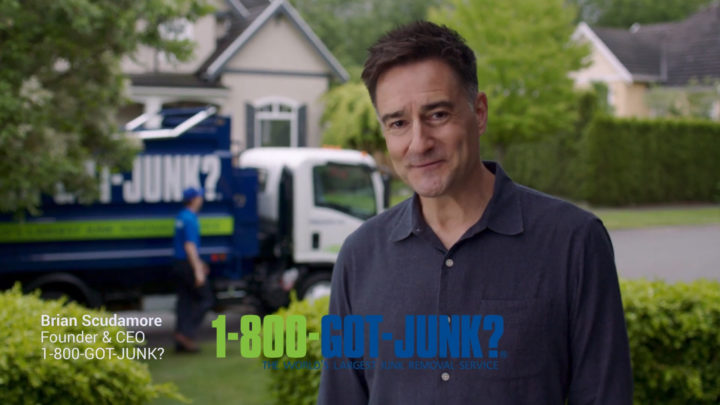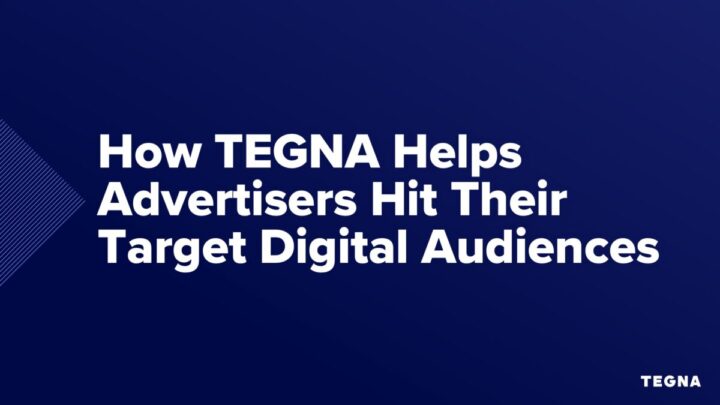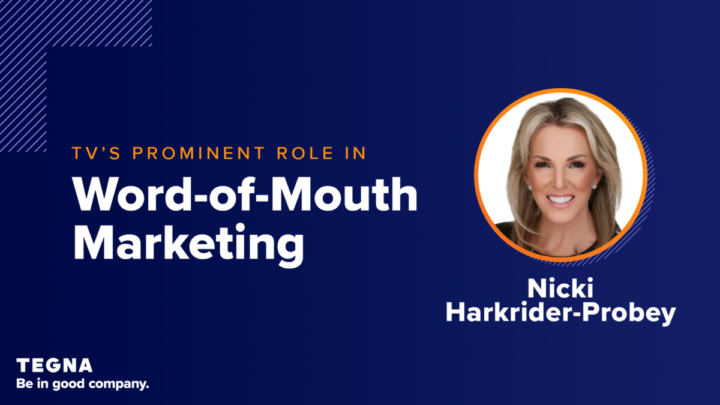April Industry News: Using AI to Match Commercials with TV Content, Political Ad Insights, and More
This month’s Industry News series shares the latest articles, insights, and resources curated by Team TEGNA to help your brand stay up-to-date and informed about all the latest industry happenings. Here’s what came across our desks this month.
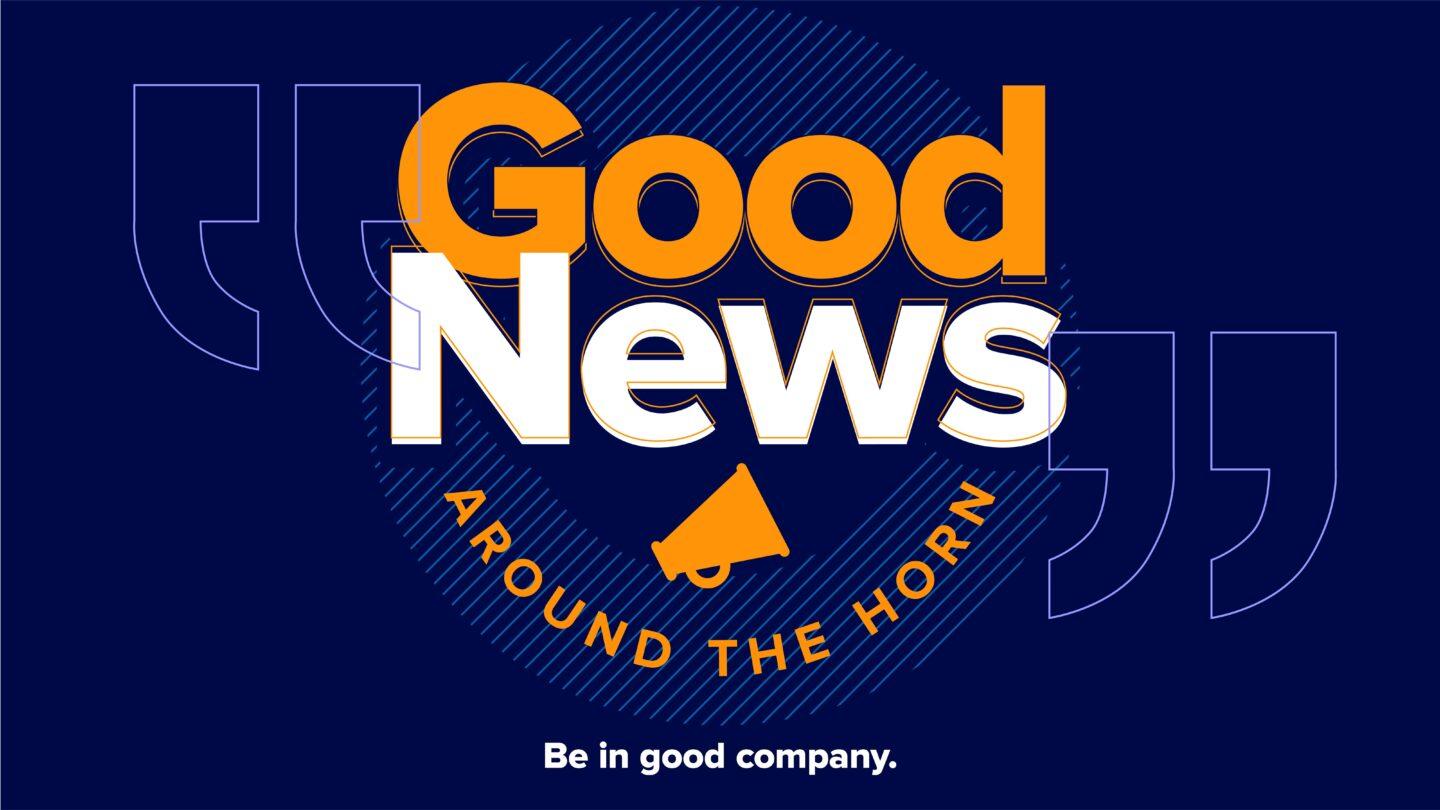
Ad Week: These Brands Are Writing the Playbook for Women’s Sports Sponsorship
Major brands like Ally, Visa, and Aflac investing in women’s sports sponsorship, recognizing its potential for growth and engagement and boosting their commitment to diversity and inclusion. With viewership numbers rising, it only underscores the significant audience and market potential of women’s sports, citing statistics and industry insights to support the growing interest from brands.
Ad Week: Marketers Find New Ways to Buy Programmatic Ads Without Relying on User Data
Marketers are adapting to new strategies for purchasing programmatic ads without heavy reliance on user data. Increased privacy regulations and changes in consumer behavior prompt this shift. Marketers are exploring contextual targeting, first-party data, and advanced technologies like AI to maintain effectiveness in their advertising campaigns while respecting user privacy.
Cord Cutter News: Pluto TV Turns 10 Years Old This Week: A Look Back at This Ground-Breaking Streaming Service
Pluto TV, founded in 2014 by Nick Grouf, Tom Ryan, and Illya Pozin, initially offered a curated selection of nearly 100 channels featuring content from platforms like YouTube and Vimeo. Over the years, it has expanded to include a mix of live TV channels and on-demand content from major studios. Celebrating its tenth anniversary on March 31, Pluto TV continues to evolve its offerings.
Digiday: Ad Industry Prepares for ‘Tipping Point’ this Year in Sustainability
The advertising industry’s increasing focus on sustainability highlights a tipping point expected in the current year as advertisers face new challenges, including the need for standardization and transparency in sustainability efforts.
Digiday: Google Delays Third-Party Cookie Demise Yet Again
Google has decided to postpone the phase-out of third-party cookies from its Chrome browser, citing challenges in meeting the original timeline. The move comes amidst ongoing scrutiny over data privacy practices and the broader implications for digital advertising. It underscores the complexity of the transition away from third-party cookies and the significance of Google’s role in shaping the future of online advertising.
Digiday: Why Multicultural Needs to be Part of General Marketing Investments, Especially for Gen Z
Diversity and inclusion are crucial for Gen Z, so brands must engage with diverse audiences to ensure relevance and resonance. The piece underscores the significance of understanding cultural nuances and leveraging them to create authentic connections with Gen Z consumers.
Fortune: Legacy TV Enlists AI to Figure Out a Show’s Emotional Vibe and Add Commercials That Fit the Mood
The move aims to enhance the viewing experience and increase the effectiveness of advertising by analyzing factors such as dialogue, music, and visual cues. This strategy reflects TV networks’ efforts to stay competitive in the age of digital streaming and cater to viewers’ preferences more precisely. However, there are concerns about the potential manipulation of emotions and privacy implications associated with using AI in advertising.
Insider Gaming: Roku Wants to Play Ads on Your TV When Games are Paused
Roku is exploring a new advertising strategy that displays TV ads when users pause their games. This move comes as Roku aims to diversify its revenue streams beyond traditional advertising during video streaming. By targeting gamers, Roku hopes to tap into a growing market segment and offer advertisers a new way to reach consumers. However, some users may find this approach intrusive, raising questions about privacy and user experience.
MediaPost: CTV Ad Frequency Soars 80% In 2 Years
Over the past two years, the frequency of advertising on Connected TV (CTV) platforms has significantly increased. This rise indicates a growing trend among advertisers to leverage CTV as a key channel for reaching target audiences.
PBS: How Biden and Trump are Raising and Spending their Campaign Advertising Dollars
The Trump campaign and Republican National Committee announced they raised over $65 million in March, trying to catch up to the nearly $100 million cash advantage President Biden and the Democrats had a month earlier. Both candidates use the campaign funds to reach key voting blocs and push their core messages. Geoff Bennett discussed this further with NPR’s Domenico Montanaro.
Phys.org: ‘Nudging’ Consumers is a Common Marketing Tactic, but it Carries Risk
A study on the common marketing tactic of “nudging” consumers, which involves subtly influencing their choices, highlights that while nudging can be effective, it also carries risks. Researchers found that when consumers become aware of being nudged, they may react negatively, perceiving it as manipulative. Marketers must be cautious when employing nudging strategies and consider potential consumer backlash.
Quartz: Google Might Buy Marketing Software Company HubSpot
Google is considering acquiring the marketing software company HubSpot. This could strengthen Google’s presence in the marketing technology sector and enhance its suite of business tools. While discussions are ongoing, an acquisition could signify Google’s ambitions to penetrate the digital marketing industry further.
TVRev: The Masters Swings into First Place for TV Viewership Share
Live sports continues to see increased viewership, and this year’s Masters has risen to become the most-watched show for the week of April 8-14. With insights from Inscape, The Masters scored a #1 ranking with a 3.64% viewership share, up from last year’s 3.05% share, while its commentary program Live From the Masters lands in third place (1.22% share, up from 1.08% in 2023).
TVRev: All Political Advertising Is Local
Despite political advertising’s widespread reach, its impact is inherently local. The effectiveness of political ads is closely tied to their ability to resonate with specific local communities and their unique concerns.
Variety: How One Media Buyer Quietly Snatched Up 35% of Commercials in Iowa-LSU Women’s Basketball Game
An anonymous media buyer made headlines by quietly acquiring 35% of the commercial slots during the Iowa-LSU women’s basketball game. This reflects a growing trend in sports advertising, where buyers strategically target specific events to reach their target audience. By securing a large share of ad slots, the buyer aimed to maximize exposure and leverage the event’s popularity. However, the buyer’s identity and motives remain undisclosed, leaving room for speculation about their intentions and the impact on advertising dynamics in sports broadcasting.
Sound Good?
If you like what you’re reading, Team TEGNA would love to discuss how we can translate this good news into results for your brand. Let’s get in touch.

